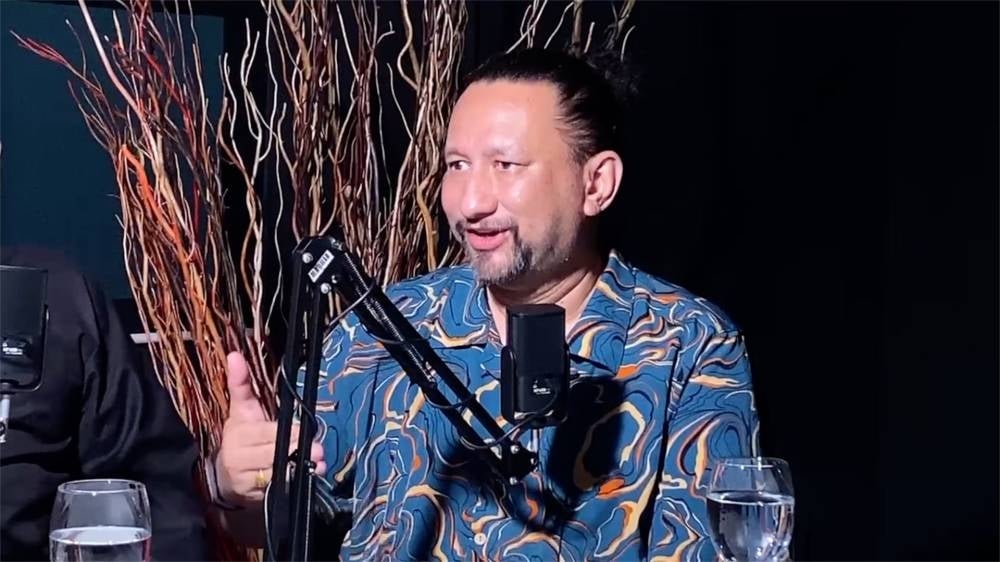In two more months, we can ask 'Nittai Dai' of the science behind no-gold medals target

SHAH ALAM – If there is one thing that true blue Malaysian sports journalists are eagerly awaiting for, it is the opportunity to meet the representatives from the Nippon Sport Science University over its role in Malaysia's game plan for 19th Asian Games in Hangzhou, China.
Specifically, to ask questions regarding the university's -- colloquially known as 'Nittai Dai' --recommendation to the Youth and Sports Ministry not to set gold medals target onto the Malaysian contingent to avoid pressuring our national athletes so that they could perform better.
"They are supposed to come down to Malaysia in two months' time," said sports journalist Graig Nunis in the latest episode of Sinar Daily's Sports Matter Podcast, as he weighed in on Malaysia's worst performance since the 14th Asian Games in Busan, in 2002.
To recap, Malaysia won an overall medal tall of 32 medals in the 19th Asian Games which was its lowest achievement since the 14th Asian Games in Busan, in 2002, where it bagged only 30 medals.
"So, hopefully, we will have the opportunity to speak to them, to get their reasoning on why it was claimed that they have told us that we don't need to set gold medal targets," he added.
Graig pointed out that it was rather odd for the university to give Malaysia such recommendations as even in Tokyo Olympics in 2020, Japan itself has set gold medals target of 30, which they only won 27.
"But nonetheless, there was a target. So, why is it that you let your home country set gold medal target and you tell Malaysia, no need to set targets? Something's missing here," he argued.
The other guest of the podcast, fellow sports journalist, Arnaz M. Khairul, concurred with Graig's scepticisms over the no-gold-medals-target recommendation from Nippon Sports Science University as claimed by government officials.
"We would like to see the report, the research papers or whatever they have because even the Japanese government had announced its contingent's gold medals target for the Asian Games," said Arnaz.
He also remarked that it was nonsensical for athletes to be cushioned from pressure, arguing stresses have always been part and parcel of an athlete's life, even more so among national athletes.
"Why is the minister (Youth and Sport's Hanna Yeoh) trying to pull a fast one on us. Failures and defeats are as much a part of sports as do victories and successes. Every athlete go through them and they know how to deal with stress.
"The whole machinery in the National Sports Council are geared towards handling and piling pressure onto the athletes to perform. Not to cower away from pressure and make all these silly excuses," Arnaz said.
Like Arnaz, Graig also disagreed over the notion that athletes would perform better if they were not saddled with pressures of delivering gold medals.
"There was no pressure on our hockey boys, and they failed. In badminton, too, no pressure and we can maybe win three medals or so, but we only won one. Again, there was no pressure on them to win those medals. Yet they fail.
"This softer approach. It doesn't work. Badminton fails and hockey fails. Those are two biggest sports we have. Our athletes are the best taken care of. Our hockey players train full-time, but they failed. No pressure, yet the failed," Graig argued.
Such failure, he added, had inadvertently made it more difficult for Malaysia's contingent to partake in next year's Olympics in Paris.
"For example, now that our hockey boys have failed to get a gold in the Asian Games, our route to the Paris Olympics has become harder as they to first play in the qualifying rounds which they wouldn't have to if they won a gold medal in the Asian Games," Graig said.











